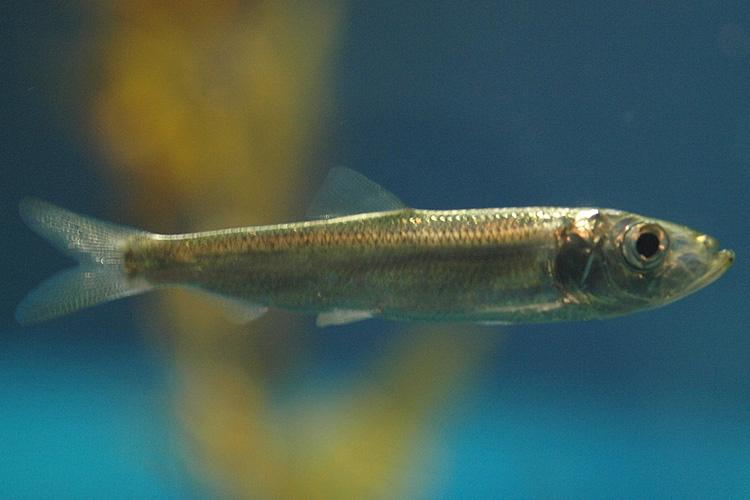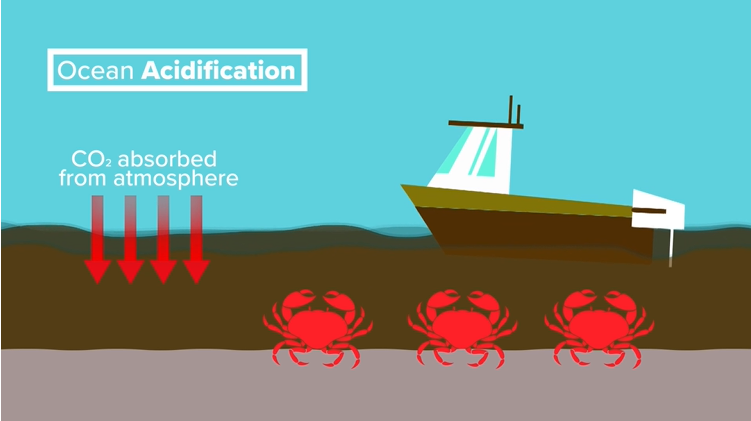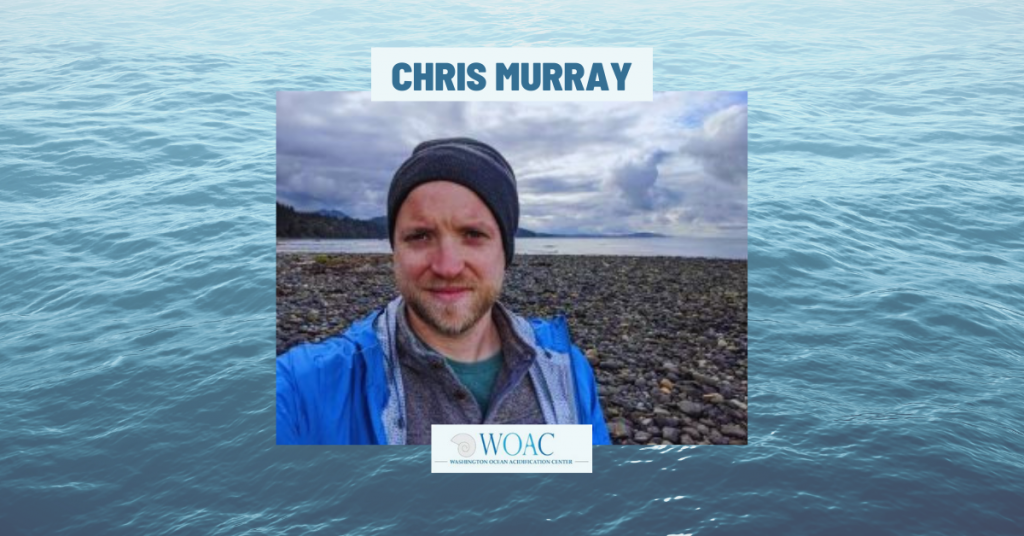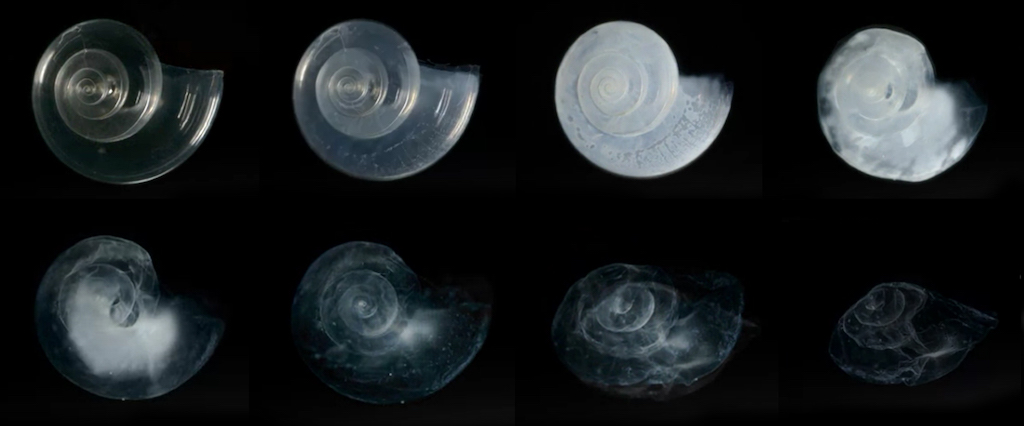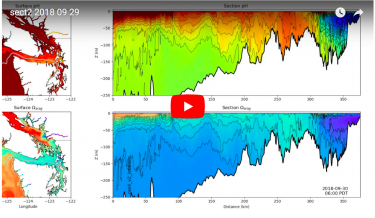Pacific herring, an important food source for salmon, show sensitivity to marine heatwaves
Pacific herring are known as one of the ‘great fishes of the North Pacific Ocean’ as they are inextricably connected via complex food webs and overlapping habitats with Pacific salmon species, such as Chinook and Coho, sea lions and orcas. Despite the importance of Pacific herring, the consequences of climate change and ocean acidification on this species remain poorly understood. The Washington Ocean Acidification Center (WOAC) would like to change that. WOAC postdoctoral researcher Chris Murray is the lead author on a new paper, which investigated how Pacific herring respond to the co-occurring stressors of high temperatures and increased levels of CO2. The paper was published in the Journal of Experimental Biology on March 10, 2022
